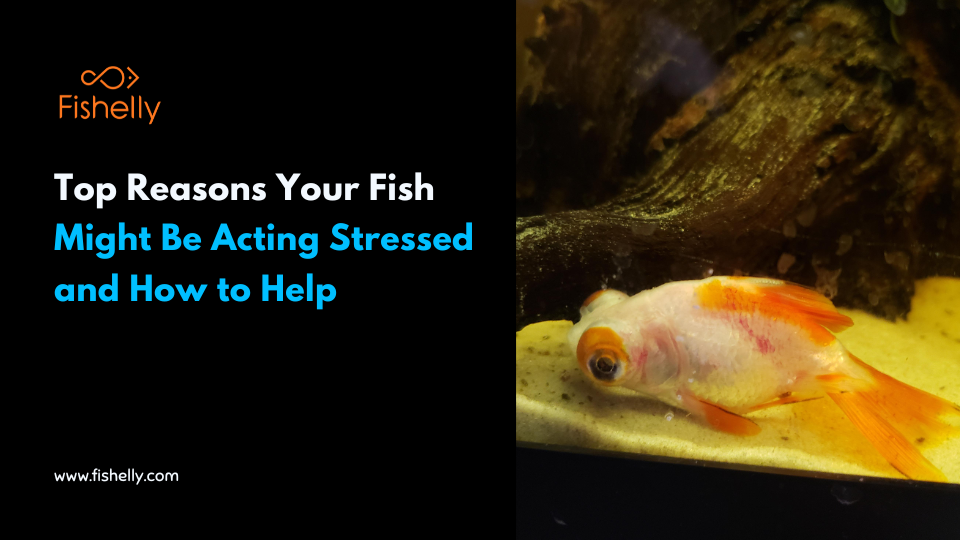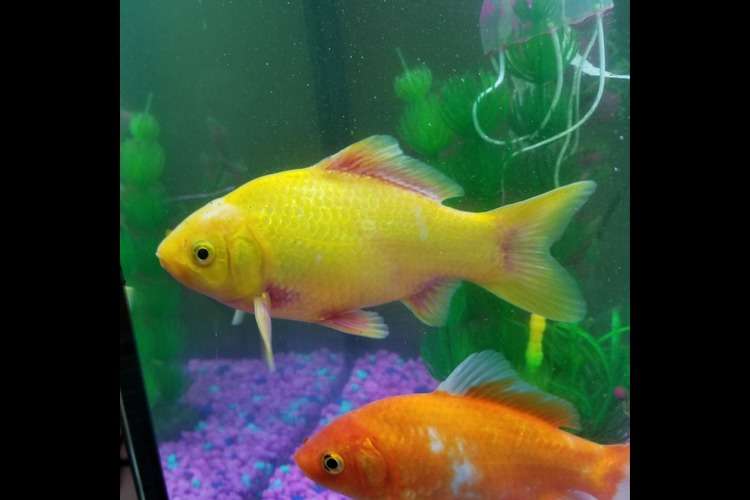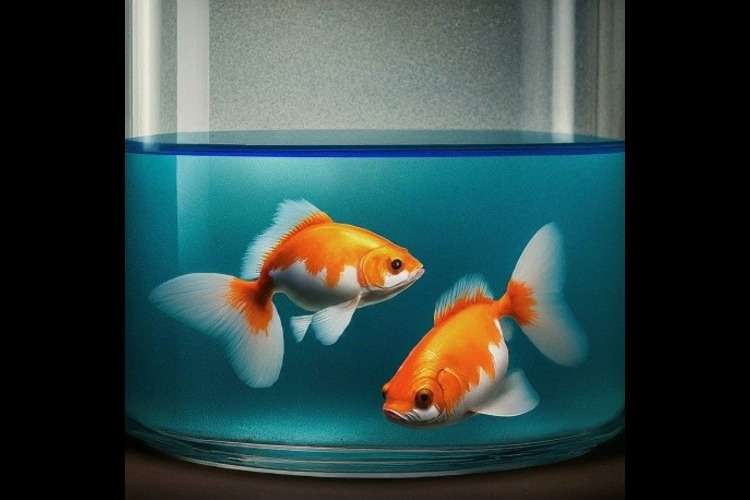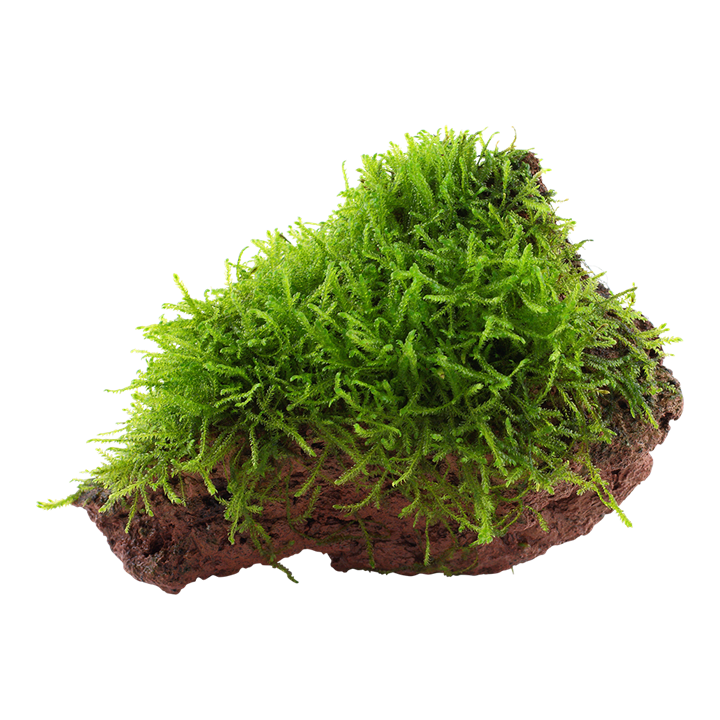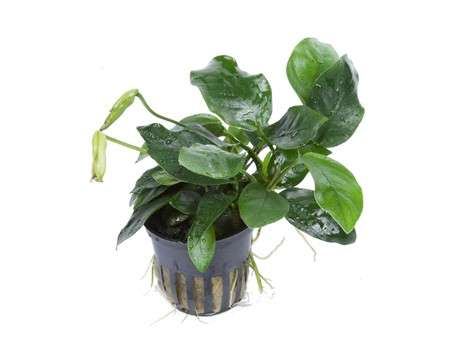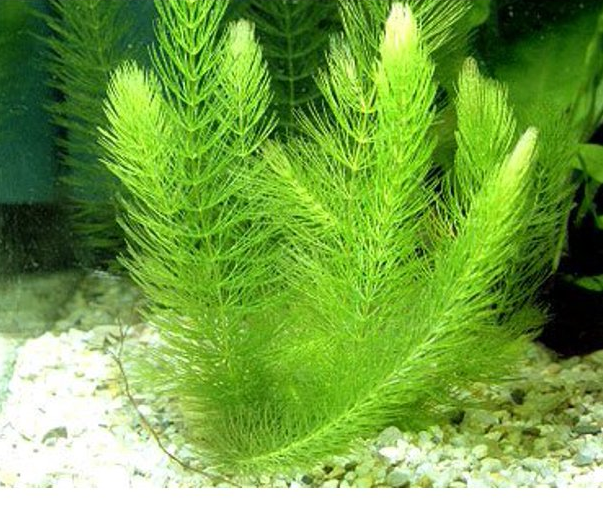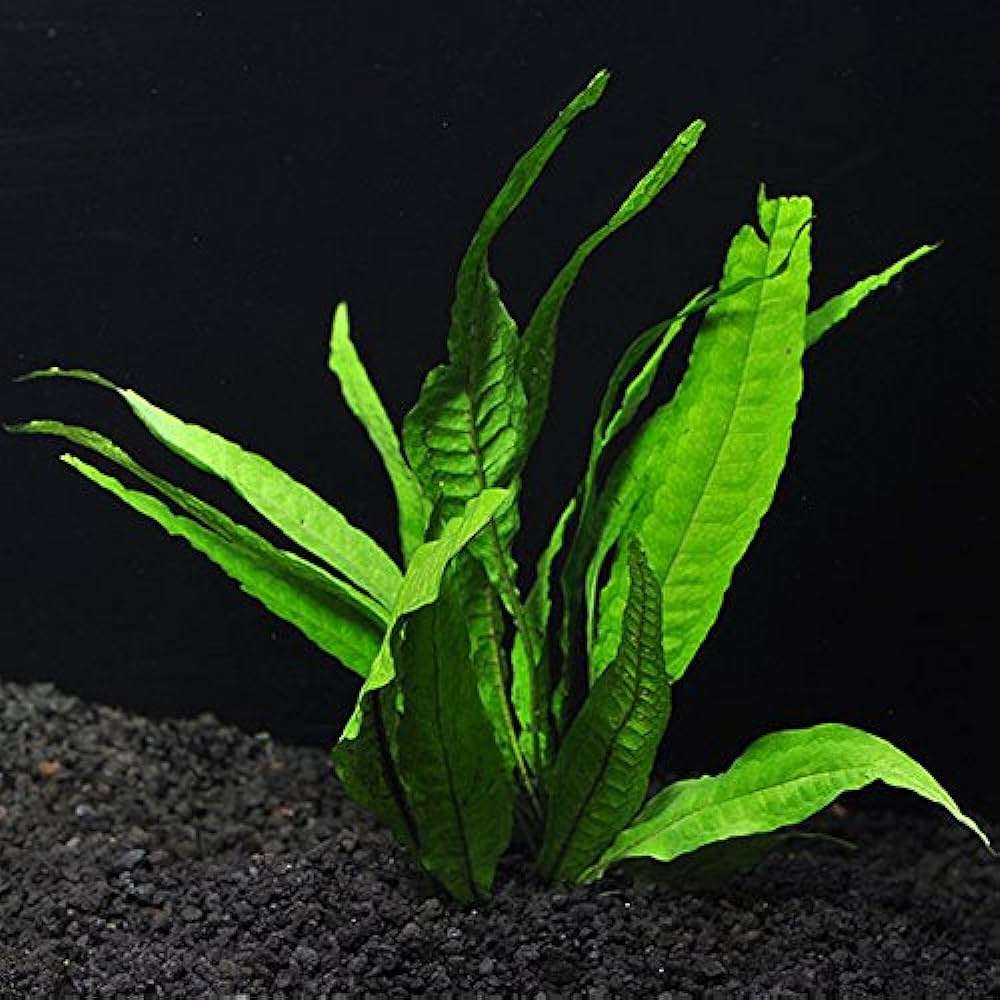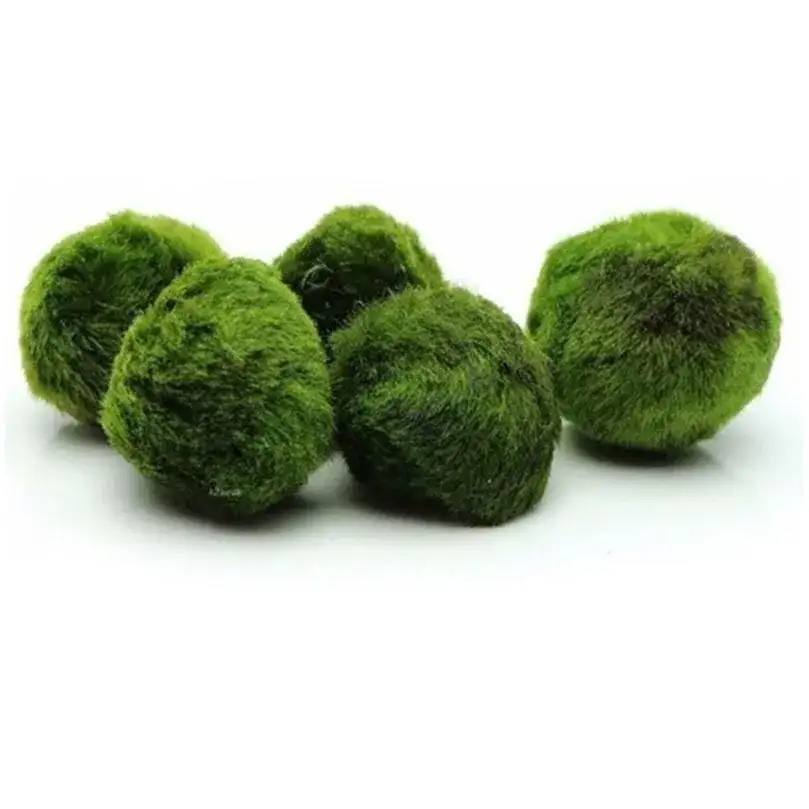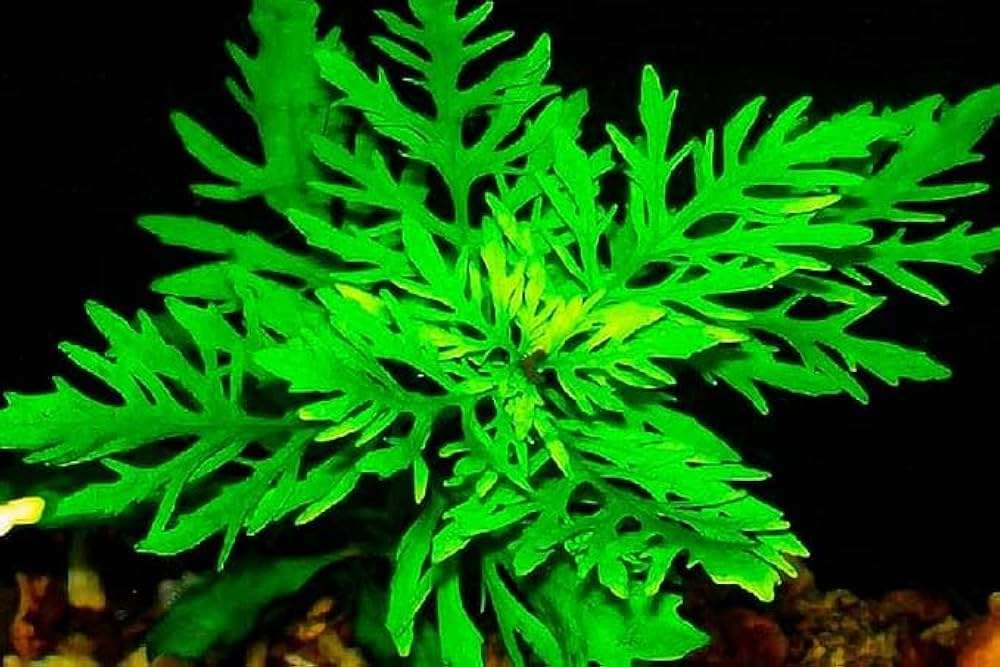Top Reasons Your Fish Might Be Acting Stressed and How to Help
Identify the key factors causing stress in your fish and learn how to address them effectively. From maintaining water quality to selecting the right tank mates, ensure a healthy habitat for your aquatic companions.
Table of Contents
Keeping fish can be the most satisfying and soothing hobby but is also fraught with its share of challenges. One of the most serious problems that aquarists face is the stress faced by the fish. Just like any other living being, there are multiple reasons why fish experience stress, and it's very important for owners of aquariums to know the signs and what works to counteract the situation. In this blog, I will be looking at some common causes of stress in fish and practical solutions that will ensure your aquatic friends thrive.
Signs Your Fish Might Be Stressed
Before I delve into reasons for stress in fish, it's equally important first to observe and know what the signs of stress are in your fish. These are shown by the following behaviors:
Rapid Gill Movement or Panting: If you catch your fish breathing too fast or gulping air at the surface, there is a probability that they may be stressed due to low oxygen levels or poor water quality.
Over-Hiding or Lack of Activity: Although fishes find shelter sometimes, continued staying in hiding or lack of activity may be a good indicator of stress.
Ragged Fins or Unconventional Body Postures: The physical signs that contain torn fins or swimming the wrong way are a common indicator of stress or disease.
Loss of Appetite: Refusal to feed for several days may denote stress, disease, and poor water conditions.
Aggression: When tankmates begin to show increased aggression toward one another, it may indicate the presence of stress, as the fish might feel uncomfortable or threatened.
If you see any of these signals, it is time to start looking for stressors within your aquarium.
Common Fish Stressors
1. Water Quality Problems
The quality of the water must be one of the things considered for your fish. Any level of ammonia, nitrites, and nitrates can be dangerous. Fish are very sensitive to changes in pH, and it can stress them further with chlorine or chloramine present in tap water.
Remedy:
Test the water at regular intervals with a quality aquarium test kit. Stable parameters suit the fish species.
Change the water regularly (10-20% weekly) to keep parameters stable and healthy. Always dechlorinate tap water before adding it to your tank.
Install a quality filtration system that suits your tank size to keep the water clean.
2. Temperature Fluctuations
Fish are ectothermic, and their temperatures need to be stable for them to thrive. Sudden changes in water temperature can stress the fish and weaken their immune system, hence making them vulnerable to disease.
Remedy:
Use a good quality aquarium heater and thermometer to maintain a consistent temperature suitable for your fish species. Most tropical fish prefer temperatures between 74°F and 78°F (23°C - 26°C), while goldfish and other cold-water species thrive at cooler temperatures.
Check temperature daily, so you can avoid sudden shifts. It's also a good idea to have a spare heater or thermometer if one goes out.
3. Overcrowding
Overcrowding stresses fish because it promotes aggression and competition for scarce resources. Low swimming space will result in territorial disputes that tend to increase stress, especially in aggressive species.
Remedy:
Learn how much space your fish require. Avoid overcrowding, a common problem. A commonly used guide line is one inch of fish per gallon of water, but requirements really vary by species.
If the tank is too small, upgrade or reduce the population of fish. Adequate space permits fish to settle into territoriality and lessens stress.
4. Incompatible Tank Mates
Fish may not get along. Aggressive co-habitants will harass or bully more passive co-habituants and make that co-habitant stressed out. Some fish can also become stressed when held with larger, or faster species of fish that intimidate them.
Remedy:
Study the compatibility of species before adding a new fish. Some species like bettas or cichlids are aggressive and require careful housing with compatible species.
If this aggression persists, one may separate the aggressive fish to a new tank or add more hiding places. Reshuffling of the tank layout could help them minimize territorial disputes.
5. Loud Noises and Vibrations
Fish can be sensitive to loud noises and vibrations from household activities and create a stressful environment. Sudden disturbances can frighten fish with erratic behavior or hiding.
Remedy
Keep your tank in a quiet place in your home, away from loud speakers, television, and heavy foot traffic. It can also make a difference to use soft lighting and hold movement around the aquarium at feeding time to a minimum.
Treat the aquarium gently and do not make jerky movements around it. Try to keep soft voices and observe the noise level around your tank.
6. Bad Diet
A bad diet or haphazard feeding schedule can cause nutritional deficiencies, which may lead to stress among fish and weaken their health. Overfeeding is also a problem by creating problems in water quality, thus making a toxic environment for the inhabitants.
Remedy:
Give them a balanced diet according to the type of fish you have and feed them an adequate amount, preferably a small amount once or twice in a day. You may supplement them with high-quality pellets, flakes, and frozen or live foods.
Watch your fish and the way they eat, adjust their feeding time according to that. Always remove the leftover food in the day for proper water quality.
7. No Hiding Spots
This way, the fish are in a good position to hide and look around. A bare tank would stress a shy species to need shelter to feel okay.
Remedy:
Using plants, rocks, and caves as decorations creates hiding places and brings enrichment to the aquarium. Live plants also reduce toxins and release oxygen to improve water quality.
Open swimming space combined with sheltered areas should be ensured for a good balance. This is more natural and decreases stress in fish.
Faq
1. What are the signs that my fish might be stressed?
Common signs of stress in fish include rapid gill movement or panting, over-hiding or lack of activity, ragged fins or unconventional body postures, loss of appetite, and increased aggression among tankmates.
2. How can poor water quality affect my fish?
Poor water quality can lead to elevated levels of ammonia, nitrites, and nitrates, which can stress fish. Changes in pH and the presence of chlorine or chloramine in tap water can also be harmful.
3. What steps should I take to maintain water quality?
Regularly test the water with an aquarium test kit, change 10-20% of the water weekly, and always dechlorinate tap water before adding it to the tank. A good filtration system is essential to keep the water clean.
4. How important is stable water temperature for my fish?
Fish are ectothermic, meaning they rely on their environment for body heat. Sudden changes in water temperature can weaken their immune system and make them more susceptible to disease.
5. How can I prevent overcrowding in my aquarium?
Learn the space requirements for your fish species and avoid exceeding the guideline of one inch of fish per gallon of water. If necessary, upgrade your tank or reduce the number of fish to ensure adequate space.
6. What should I consider when selecting tank mates for my fish?
Research the compatibility of different fish species. Avoid aggressive species that may bully others. If aggression occurs, consider separating aggressive fish or providing more hiding spots.
7. Can loud noises and vibrations affect my fish?
Yes, fish can be sensitive to loud noises and vibrations, which can create a stressful environment. It’s best to place the aquarium in a quiet area and minimize disturbances around it.
8. How does diet impact fish health and stress levels?
A poor diet or irregular feeding schedule can lead to nutritional deficiencies and stress. Overfeeding can degrade water quality, creating a toxic environment.
9. What kind of diet should I provide for my fish?
Feed your fish a balanced diet tailored to their species, offering small amounts once or twice a day. Remove any uneaten food promptly to maintain water quality.
10. Why do fish need hiding spots in their aquarium?
Hiding spots help reduce stress for shy species by providing them with a sense of security. A bare tank can increase anxiety in fish that prefer shelter.
11. What types of decorations can I use to create hiding spots?
Use plants, rocks, and caves to create hiding places in the aquarium. Live plants not only provide cover but also improve water quality by reducing toxins and releasing oxygen.
12. How can I tell if my fish are happy and healthy?
Healthy fish are generally active, show normal eating behaviors, and have a good color. Regularly observe their behavior and overall condition to ensure they are thriving in their environment.
Conclusion
Stress on fish can drastically impact their health and happiness. As some of the common reasons for stress involve bad water quality, temperature differences, overcrowding, and inappropriate tankmates, you will be able to take prior measures that can reduce stress on the aquarium. Provide them with a balanced diet, an appropriate environment which offers some places to hide, and keep it in optimal conditions that would give you a good aquarium. You'll get happy and healthy fishes when you keep a close observation and take proper care for your fish. But with it being done the proper way, then you would be having an active aquatic community with active as well as stress-free fish!
